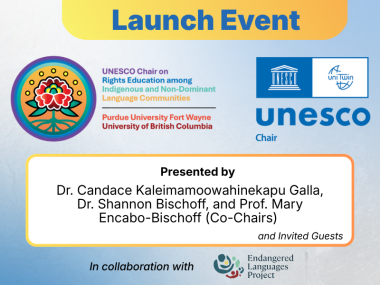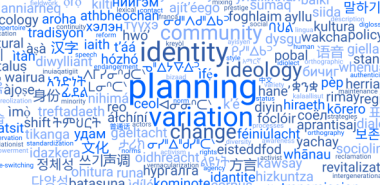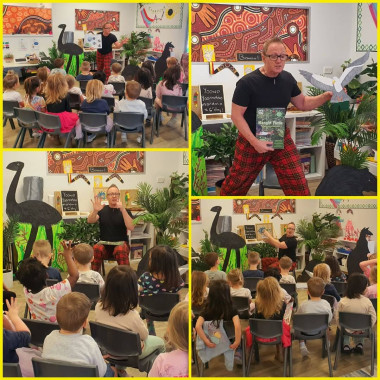As digital content in the Quechua language continues to become increasingly available, Quechua-speaking communities are gaining more opportunities to better represent themselves online and connect across geographic divides. However, as this content grows, so do the challenges in ensuring that these digital spaces are inclusive, safe, and representative, including through content moderation on social media.
On this episode of Global Voices Insights, panelists will explore the role of digital activists in shaping online spaces that reflect their communities’ values and needs. The session will also consider the responsibilities of other stakeholders, such as tech companies, in helping to ensure that these digital spaces are welcoming and accessible to these language communities.
Join us on YouTube Live on August 14, 2025, at 11 am EDT/3pm UTC/5pm CET for a discussion featuring:
Américo Mendoza Mori is a researcher in Latin American literature, linguistics and cultures, with a particular focus on Indigenous languages and language policy. He currently teaches at St. Olaf College in Minnesota. He is actively involved in initiatives for the promotion and teaching of Quechua and Andean culture both in Peru and in the United States. His academic publications include Quechuactivism in Social Networks: Digital Content and Indigenous Language Awareness (2023), and more recently Runa TikTok: Remapping the presences of indigenous Quechua diasporas in the U.S. through social networks (2025).
Dhanaraj Thakur is Research Director at the Center for Democracy & Technology, where he leads research that advances human rights and civil liberties online. He has been interviewed and his work quoted in several news media, including WIRED, CNN, the WSJ, the Economist, and the Guardian (UK). In addition, he has published over 50 peer reviewed journal articles, book chapters, and conference papers. He holds a PhD in Public Policy from the Georgia Institute of Technology, and graduated from the London School of Economics and the University of the West Indies (Jamaica).
Emma Vadillo Quesada is an editor and professor from France and Peru. She holds a dual degree from Sciences Po Paris and Columbia University as well as a diploma in Quechua Language and Culture from INALCO. She is passionate about language revitalisation, in particular of Quechua, and has worked for/collaborated with Wikimedia, the Endangered Languages Project, the Quechua Collective of New York and Asociación Pukllasunchis amongst others. She co-organised the conferences Contribuling and HIGA and worked on various cross-institutional projects such as Lingua Libre or MOOC Quechua. In 2024, she confounded Watuchi Siminchik Wasi whose aim is the preservation of quechua and indigenous languages of Abya Yala through book publishing, peer learning and community building. (watuchi.org, @wa.tu.chi) She also teaches Southern Quechua at the Alliance Française in Lima.
Nicaela León Coico is a Quechua linguist and illustrator. An internet enthusiast, her work focuses on the linguistic revitalization of Quechua through the use of art and technology. Member of the Editorial Collective Atuq Yachachiq and Simi App.
Moderator: Marco Antonio Martínez, from the community of Maaxïnkojm in the Sierra Mixe of Oaxaca, Mexico, speaks Ayöök, one of the variants of the Mixe language. He studied a Bachelor’s degree in Administration and a Master’s degree in Social Action in Global Contexts, and due to various circumstances, he has participated in language advocacy projects through platforms such as radio, language workshops, and the internet.
He is a member of COLMIX (Mixe Collective) and co-founder of Kumoontun, a nonprofit civil association that seeks to support and engage in community, productive, and cultural projects in the Indigenous communities of the Sierra Mixe in Oaxaca.
This webinar will be in Spanish and English, with simultaneous interpretation offered. Please register here.
We look forward to having you join us on Thursday, August 14, at 11 am EDT/3pm UTC/5pm CET (click here to convert to your local time zone).


